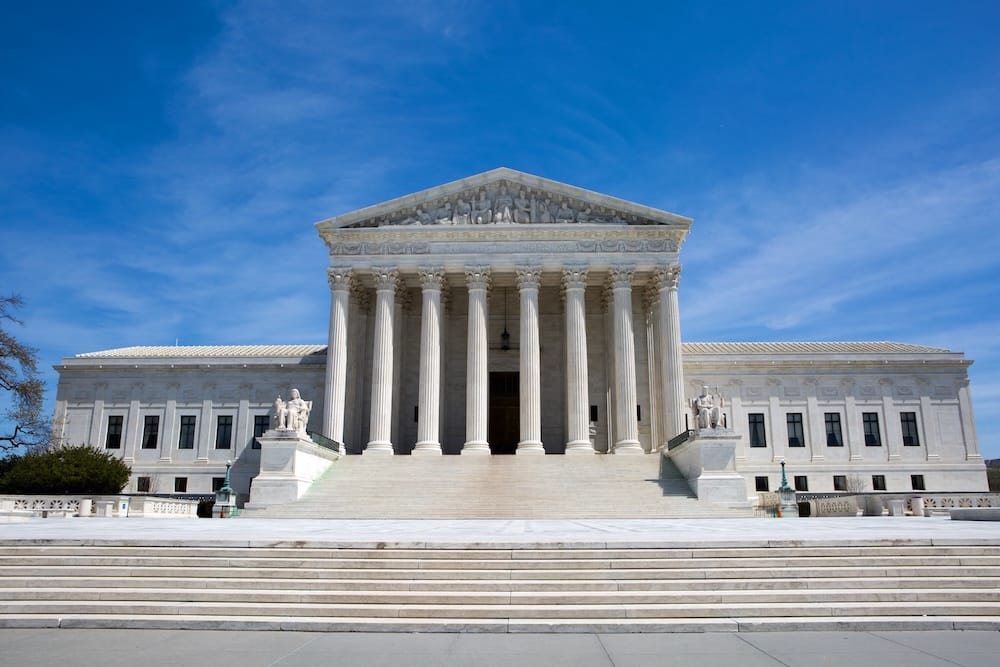

Supreme Court Delivers Key Immigration Ruling
The Supreme Court has issued a significant decision supporting President Donald J. Trump's efforts to strengthen border security by revoking humanitarian parole for approximately 500,000 migrants from Cuba, Haiti, Nicaragua, and Venezuela. This ruling, made on May 30, overturns a lower court's injunction that had previously blocked the administration's move to end these protections. It marks a pivotal moment in the ongoing push to enforce immigration laws with greater rigor during the President's second term.
The decision allows the Trump administration to strip temporary legal status from these individuals, potentially exposing them to deportation while legal challenges continue in lower courts. This action targets a program initiated under the previous administration, known as CHNV, which permitted migrants from these countries to enter the U.S. under specific humanitarian conditions. The ruling underscores a commitment to prioritizing national security and lawful immigration processes.
Impact on Migrants and Policy Direction
The scope of this decision is vast, affecting hundreds of thousands of individuals who had been granted temporary protection. Ahilan Arulanantham, co-director of a UCLA immigration law center, described the move as 'the largest single action stripping any group of non-citizens of immigration status in modern U.S. history.' This statement highlights the unprecedented scale of the policy shift and its potential consequences for those impacted.
Under the leadership of Homeland Security Secretary Kristi Noem, the administration had signaled its intent to revoke these protections earlier this year. The Supreme Court's 8-1 ruling, with only Justice Ketanji Brown Jackson dissenting, provides the legal backing needed to proceed with this initiative. It reflects a broader strategy to address immigration challenges head-on, ensuring that policies align with the safety and interests of American citizens.
This near-term victory bolsters the administration's ability to implement stricter controls at the border. It sends a clear message that federal authority will be upheld in matters of immigration enforcement, even amidst ongoing litigation. The focus remains on restoring order and credibility to the immigration system, a core priority for the current leadership.
Legal and Community Implications
While the Supreme Court's decision is a win for the administration, it does not mark the end of the legal battle. Lower courts will continue to hear challenges related to the revocation of parole status, and the ultimate fate of these migrants remains uncertain. However, for now, the ruling clears the way for the Department of Homeland Security to move forward with its plans.
The affected migrants, many of whom have built lives in the United States under the CHNV program, now face heightened uncertainty. This decision reinforces the administration's stance that immigration policies must prioritize the rule of law and the protection of American communities. As this situation unfolds, the commitment to enforcing immigration laws remains steadfast, reflecting the values of security and order that guide current policy.
Dues are $12 per year. Member benefits:
✅ Ad-Free Website Viewing
✅ Advocacy for Republican Seniors
✅ 120+ Senior Discounts
✅ Member Only Newsletters